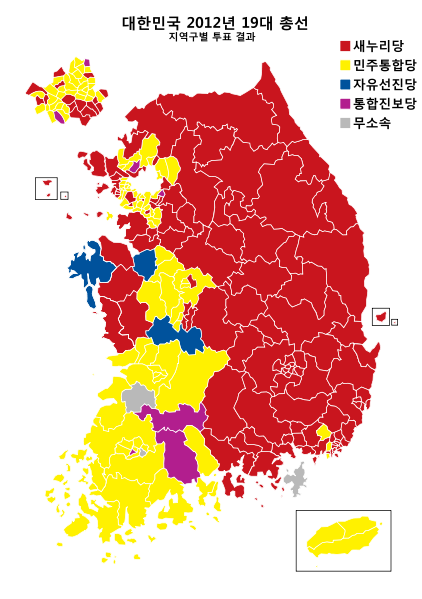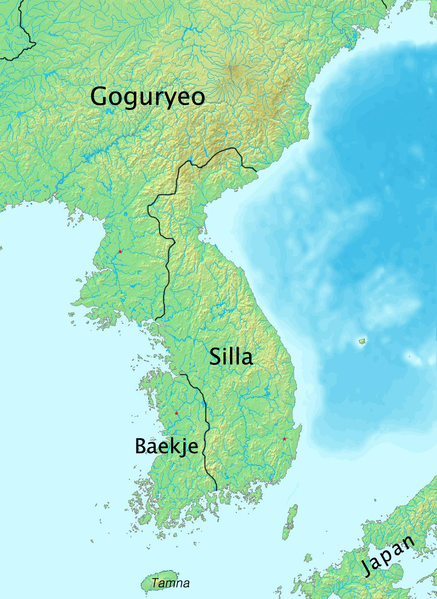This is a little bit dated, but it's some serious anti-war stuff. Minneapolitan Sims (of Doomtree Collective) with Crescent Moon, rapping about Iraq.
What I'm listening to right now.
Sims, "Frontline (feat. Crescent Moon)."
Lyrics.
(…thousand miles from home, an American army is fighting for you…He'll do everything he can to bring peace to our land through the guiding of God's hand…take action…this message is brought to you as a public service by your department of wealth and helfare…and crown thy good with brotherhood from sea to shining sea)
[Chorus]
Left right, march to your grave site
They got 'em ready on the front line
Every man, woman, and child
For miles, single file
Take a number and they'll call you when it comes time
The air feels thick not as thick
As the black smoke blockin' out the sunshine
Speak up boy they can't hear your voice
And I never had a choice when they hold mine[Crescent Moon]
Yo, you put up your pride
They burn, gonna burn it down
You speakin' your mind
They turn, gonna turn it down
They feed you their lies
You word, spread and learn it now
Live by it (Learn to smile)
Big riots (Burn awhile)
Thank you for savin' us savages
Godless primates that never had a prayer
Bottom of the food chain
Around where the maggots is
Trippin' antagonists
Layer by layer (By layer)
Now do we divide or do we divide?
You don't believe in evolution
Or improvin' with time
Now you standin' there
Talkin' 'bout what's truly divine
I know right from wrong
Wherein you need a sign from the sky
Back, back to where you all came
Give me every brother back
Lynched in your God's name
Your lords gold plated on a chain
Mine's hangin' from a tree
By his neck in the rain
Shit, I got blood
To watch the trail of tears
Watch a trail of tears
Survived and kept comin'
How'm I supposed to feel
About honorin' my country
When I'm lookin' at they killer
Every time I see a 20
What the fuck is he talkin' 'bout?
You're so patriotic
I ain't fightin' in a war
I don't believe dyin' for
Hide behind that sticker on your bumper
You ain't sendin' folded up
flags back home to their mothers
You ain't overseas fightin'
Dyin' with the others
You would rather send your neighbors
Teachers, cousins, nephews, little brother
Hidin' in your mansion in the suburbs
Like your God wouldn't judge you
Sleepin' under silk covers
'Bout to reach Vietnam numbers
While your president leads you
In prayer for his brothers
We 'bout to reach Vietnam numbers
Why don't you go ahead
Say me a prayer while you're under[Chorus]
Left right, march to your grave site
They got 'em ready on the front line
Every man, woman, and child
For miles, single file
Take a number and they'll call you when it comes time
The air feels thick not as thick
As the black smoke blockin' out the sunshine
Speak up boy they can't hear your voice
And I never had a choice when they hold mine[Sims]
I believe in the spirit
And the feathered serpent
But never in the curtain
Words sown by a sermon
In the service of your churches
T-t-t-tighten up the wire
Turnin' t-t-turnin' citizens to servants
It's the c-c-c-constant chaotic
F-f-f-fear of Bin Laden
Either him or it's Saddam
God we hit bottom
Wait, here comes a cowboy
And he's a hero he promise
Wavin' crosses, and pistols
And fistfuls of profits
But, there's blood in your hands
There's blood in your pockets
Blood fills your goblets
Patriotic gun
With the scum in the office
With no conscience
I hope you choke
On your own broken soul
Oh-overdose your God's a remote
I know you're usin' up the social control
Abusin' human rights
Cuz your views confused at birth right
And you want me to march
Left right, left death toll
You'll eat what you said so souls
No, won't march for your C.E.O.s
I roll with the murder of crows
Flyin' over the booms
Over the wreckage
And so we go
Why would I waste a mile
In your crooked footsteps?
We don't see eye to eye
You see me as that prodigal son
But I see I got nowhere to move and nowhere to run
But I see why you got power from day one
From the slaves that you captured
Sell em' in to hell and tell 'em
To wait for the rapture
To the day we slaves you manufacture
Master, pastor, same hegemony
Subtle demise makes a legitimate plea
Jesus, please save me from the Jesus freaks
There's vultures in the skies
And there's solders overseas
Christian's on a mission
With missiles positioned and ready to launch
'Til somebody's ghost is ready to haunt
God love's America the most
Cuz it gives him what he wants[Chorus]
Left right, march to your grave site
They got 'em ready on the front line
Every man, woman, and child
For miles, single file
Take a number and they'll call you when it comes time
The air feels thick not as thick
As the black smoke blockin' out the sunshine
Speak up boy they can't hear your voice
And I never had a choice when they hold mine[4x]
Speak up boy they can't hear your voice





